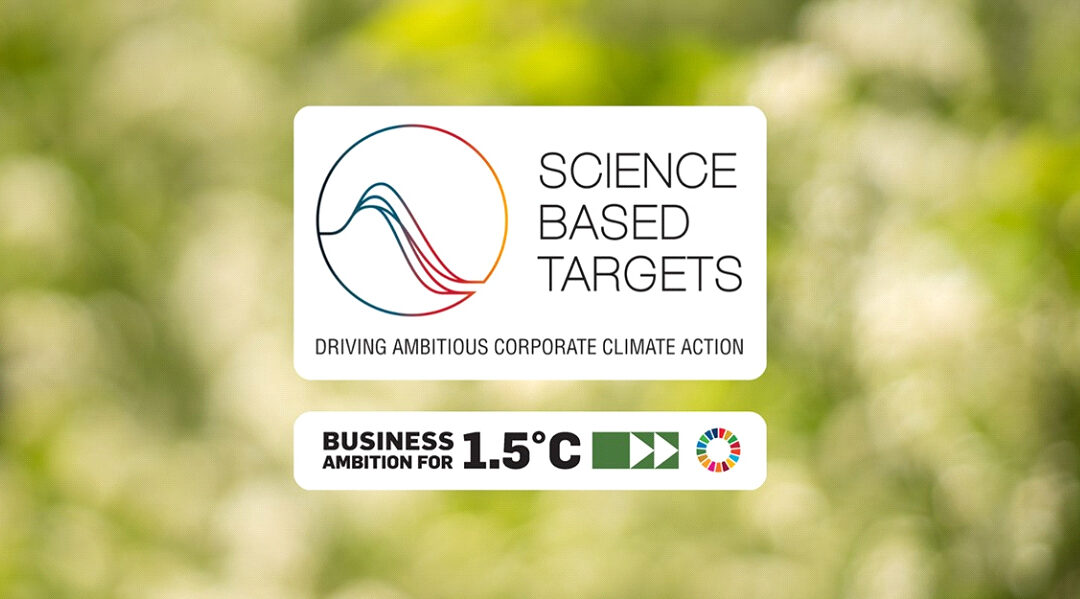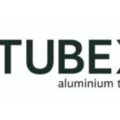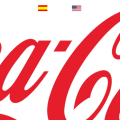The Science-Based Targets Initiative (SBTi) has approved Trivium’s short-term emissions reduction targets based on scientific criteria. By 2021, it pledged to set science-based targets to help limit global temperature rise to no more than 1.5°C in the short and long term. One year later, Trivium decided to adjust its Scope 1 and 2 emission reduction commitments from 30% to 42% by 2030. In addition, the company introduced a new Scope 3 emissions reduction target of 25% also for seven years from now.
According to the SBTi, Trivium’s targets are classified as compatible with a 1.5°C trajectory, which implies that these targets are in line with the reduction of greenhouse gas emissions to levels that the latest science considers necessary to limit global warming to 1.5°C. This target is currently considered the most ambitious within the SBTi process.
The solution to climate change depends not only on governments, but also on ambitious action by the business sector. “Addressing climate change requires ambitious action from the corporate sector. At Trivium, we believe that quality packaging does not have to be at odds with the planet, and we work hard to prove it every day. We are proud to have validated our ambitions and plans, in line with the Paris agreement, through the SBTi’s comprehensive validation process. This is a strong recognition of our commitment to a more sustainable future, now and for generations to come.”said Trivium’s Director of Sustainability, Jenny Wassenaar.
The SBTi is also a global entity that enables companies to set challenging emission reduction targets in line with the latest climate science. It focuses on driving companies around the world to halve their emissions by 2030 and achieve net zero emissions by 2050.
This initiative is a collaboration between several organizations such as the Carbon Disclosure Project (CDP), the United Nations Global Compact, the World Resources Institute (WRI) and the World Wildlife Fund (WWF). It is also one of the commitments of the We Mean Business Coalition. SBTi is responsible for defining and promoting best practices for setting science-based targets, providing resources and guidance to overcome barriers to their adoption, and independently evaluating and approving targets set by companies.










